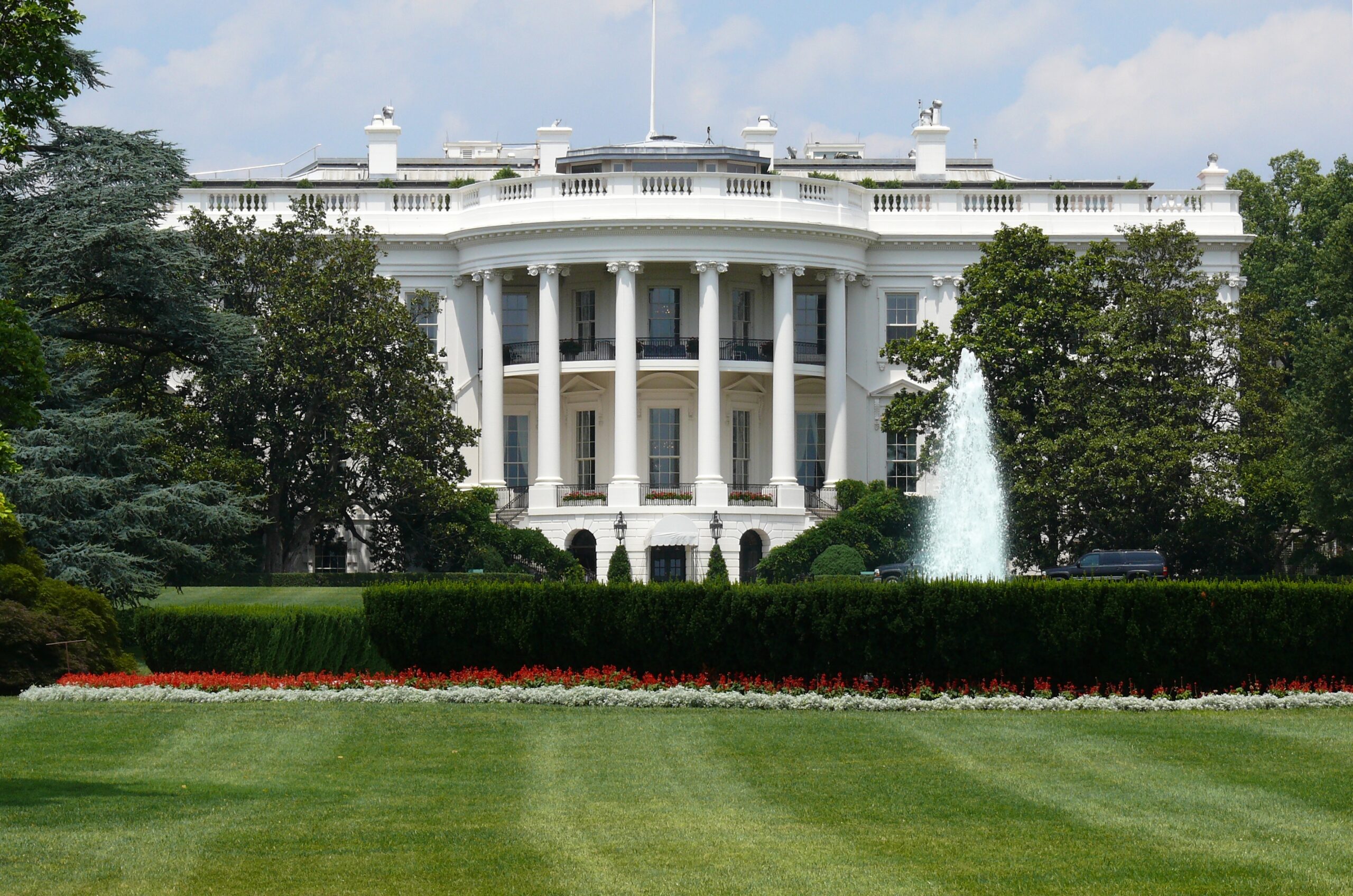Update (April 11, 2019): In a haughty retaliation to the February pharma senate meeting, pharmacy benefit managers (PBMs) took the stand on Tuesday, April 9 to say they aren’t to blame for high drug prices. The five executives from major PBMs (Humana, CVS Caremark, Cigna, Express Scripts, Optum and Prime Therapeutics) argue that eliminating rebates wouldn’t help lower drug prices, but actually strips them of the ability to negotiate with drug manufacturers and could jack up premiums for beneficiaries. They also accuse branded drug manufacturers’ of using ‘anticompetitive tactics’ to prevent entry of generic drugs into the market, thereby giving them the power to increase list prices without consequence. While the five groups seemed to be on the same page for most of the meeting, the topic of supporting a ban on spread pricing – charging a higher price to insurers than to pharmacies and pocketing the difference – revealed differences in opinion. The full committee hearing for Drug Pricing in America: A Prescription for Change, Part III can be found here.
Originally published on March 4, 2019:
Last week, seven pharma companies sat before the Senate Finance Committee in a highly-anticipated drug pricing meeting.
Senator Chuck Grassley, R-Iowa and Senator Ron Wyden, D-Oregon welcomed executives from AbbVie, AstraZeneca, Bristol-Myers Squibb, Merck, Johnson & Johnson, Pfizer and Sanofi into a gruelling discussion over why Americans are paying astronomical prices for the same prescription drugs priced cheaper in other parts of the world.
Drug prices have risen at an unprecedented rate, leaving many Americans barely managing the costs of life-saving drugs such as insulin despite health insurance and rebates. Drug manufacturers have been criticized over their ambiguous pricing strategies, but little has been done to please the impatient White House.
“We’ve all seen the finger pointing. Every link in the supply chain has gotten skilled at that,” said Senator Grassley in his opening remarks. “But, like most Americans, I’m sick and tired of the blame game. It’s time for solutions.”
Pharma companies didn’t seem to lay out concrete solutions. Instead, they reiterated that R&D is expensive and without incremental increases in drug prices, innovation will be hindered. According to Merck CEO Ken Frazier, drugs with low opening list prices result in financial punishment and manufacturers won’t realize the return on investment.
Senators argue that companies receive billions of dollars in research funding from the federal government, as well as substantial tax breaks and other subsidies that shouldn’t necessitate annual price hikes.
The pharma companies shifted the blame of increasing drug prices to pharmacy benefit managers (PBMs) and drug rebates. PBMs negotiate with pharmaceutical companies to determine list prices of prescription drugs available to members of a health insurance plan. Industry trade group, Pharmaceutical Research and Manufacturers of America (PhRMA), recently attacked PBMs for increasing drug prices to fill their own pockets with a percentage of a drug’s list price.
At the outset, however, Senator Wyden insisted that pharma companies set the list prices in the end, thus they should be held accountable for expensive drugs. He added that PBMs will have their chance at a Senate Finance Committee meeting to explain themselves, too.
The current rebate system rewards PBMs to almost exclusively sell one drug company’s product, snuffing out cheaper generics from a pharmacy’s formulary.
The Trump administration recently proposed to reform the rebate system to drive down drug costs. Part of the proposal says to eliminate rebates altogether and offer point-of-sale discounts to customers directly.
AbbVie, Bristol-Myers Squibb, Pfizer and Sanofi agree that the rebate system is flawed. Johnson & Johnson Pharmaceuticals EVP & Chair said, “We do strongly advocate for rebate reforms that would allow us to lower our list prices, that would then help patients get access [to medications they need.]”
AstraZeneca CEO Pascal Soriot echoed that the current rebate system is “not sustainable” and that the company would be prepared to “reduce [their] list prices by an equivalent amount of rebates [minus] the appropriate market-based fees to those in the supply chain.”
Some pharma companies suggest a value-based pricing model, which pays pharma companies based on clinical results rather than volume of sales.
In closing remarks, Senator Wyden called these pledges to reduce list prices under these conditions “happy talk”, calling all seven pharma companies to respond – in writing – to a new rule that requires companies to reduce list prices by the amount of the rebate if rebates were to be eliminated.
While there is no clear strategy to resolve these pricing issues, one thing is for certain: all stakeholders must focus on bringing affordable medicine to patients who need them. As Senator Maggie Hassan, D-New Hampshire put it: “Breakthroughs aren’t breakthroughs if people can’t afford the medicine.”
Big Pharma Blames Rebate System for Price Hikes in Senate Meeting











Join or login to leave a comment
JOIN LOGIN